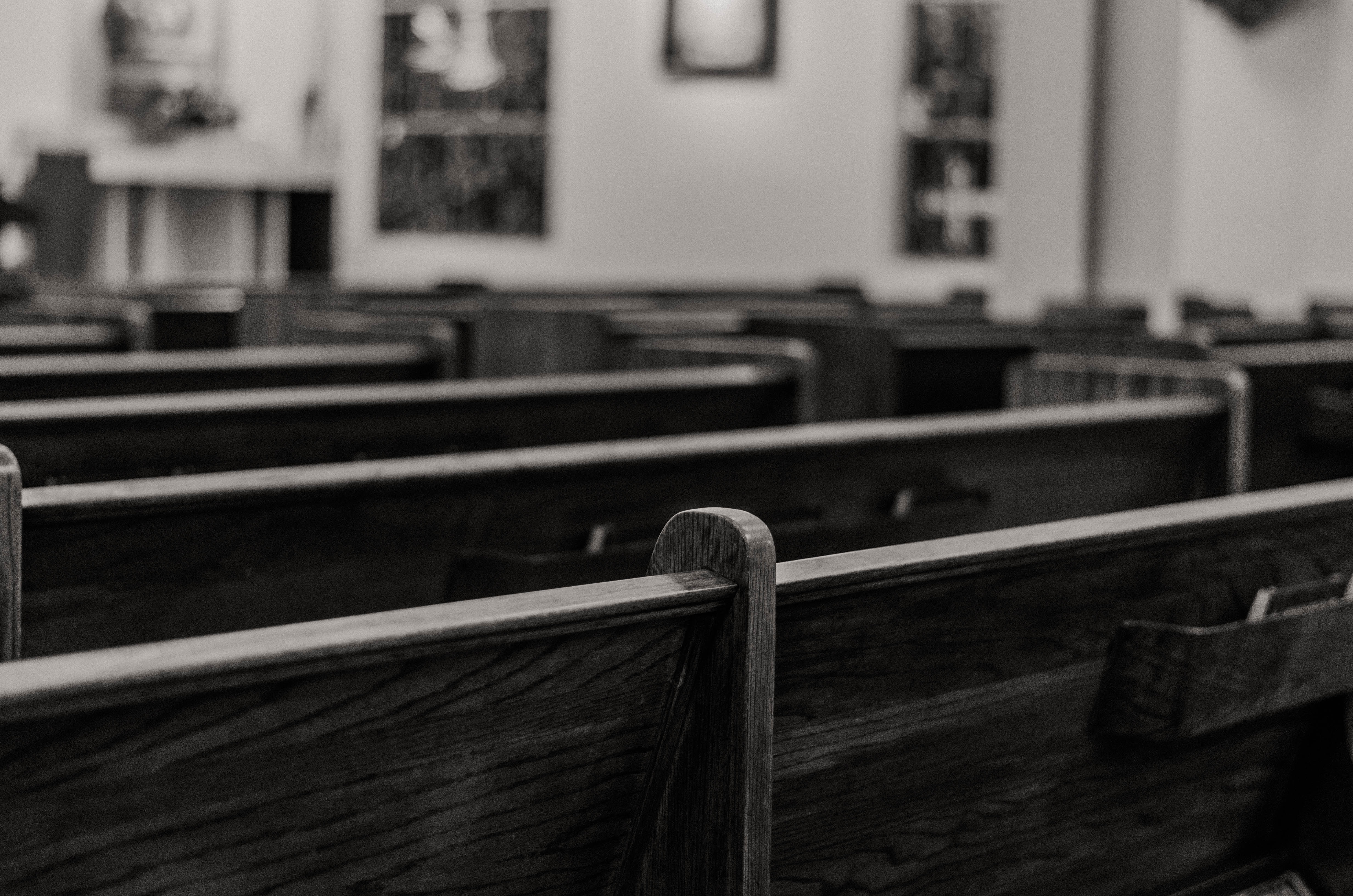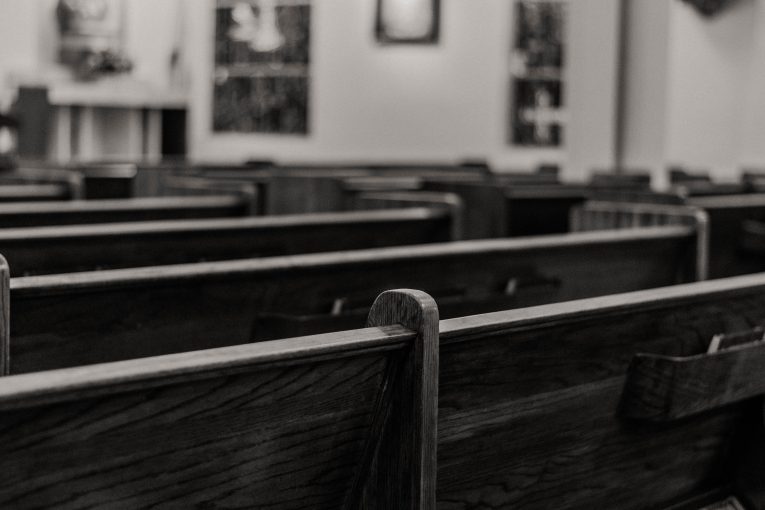
Calls for harsher sentences disproportionately hurt Black and Brown people — not people convicted of sex crimes
By LaDoris H. Cordell
THE RECALL: REFRAMED examines the 2018 recall election of California Judge Aaron Persky, who lost his judgeship after handing down a six month jail sentence to Stanford swimmer Brock Turner convicted of sexually assaulting an unconscious woman. The recall came at the height of the #MeToo movement, and some hailed it as a victory against rape culture, White privilege, and a system stacked against survivors of sexual violence. The film explores the unintended impact of the recall – it actually led judges to issue centuries, if not millenia, worth of extra years in jails and prisons out of fear of being “Persky’d” and that that burden fell disproportionately not on the privileged or even on people convicted of sex crimes, but on Black and brown people.
As someone who sat on the bench for nearly 20 years in the same county where the trial  of Brock Turner took place, I took particular interest in the recall of Judge Persky – the first judicial recall in California since 1932. I was a vocal opponent of the recall campaign. Like many lawyers, professors, congressmen, students, judges, journalists, advocates, and some prosecutors, I seriously worried about the ramifications of removing a judge based on an unpopular sentencing decision.
of Brock Turner took place, I took particular interest in the recall of Judge Persky – the first judicial recall in California since 1932. I was a vocal opponent of the recall campaign. Like many lawyers, professors, congressmen, students, judges, journalists, advocates, and some prosecutors, I seriously worried about the ramifications of removing a judge based on an unpopular sentencing decision.
My concern about judicial elections has been building for years. Today, roughly half of the states (twenty-two) elect their judges. When judges operate in the electoral system, they are accountable not just to the Constitution, the rule of law, and judicial precedent, but also to donors, constituents, and public opinion. The electoral system in this country is permeated with tough-on-crime politics and, with it, the laws and policies that lead to mass incarceration.
The United States has one of the highest incarceration rates in the world. We spend over $182 billion a year to keep nearly one percent of the juvenile and adult populations in America behind bars, a number that dramatically overrepresents Black and Brown people. To even approach the incarceration levels of the rest of the world, judges should adopt more lenient sentencing practices. Instead, our judicial election system incentivizes judges to impose harsh punishments in order to appease voters and ensure that they are re-elected.
A Brennan Center study found that 56 percent of judicial ads discussed candidates’ records in criminal cases. Analyzing fifteen years of TV ads for state supreme court elections, the study revealed that ads attacked judges for being “soft on crime” and praised them for being “tough on crime.” The impact of these ads on judicial decisions has been astonishing. First, the more frequently ads aired during an election, the less likely state supreme court justices were to rule in favor of criminal defendants. Secondly, trial judges in Pennsylvania and Washington sentenced defendants convicted of serious felonies to longer sentences when the judges’ re-elections were approaching. And finally, trial judges in Alabama imposed the death penalty more often during election years than non-election years. That same metastudy, which reviewed ten different empirical analyses using differing methodologies, concluded that every single one found an increase in punitive sentences when judges neared re-election or retention races.
This is the dangerous dynamic that worries me and so many other opponents of the recall campaign. To be sure, there were many case-specific reasons to oppose this particular recall. Judge Persky was following the probation department’s recommendation, which is a common practice of judges. His sentence was within his discretion and entirely lawful. It stands to reason, then, that those who disagreed with the sentence should have targeted the law, not the judge who followed it. Importantly, the Commission on Judicial Performance, following an exhaustive review of Judge Persky’s rulings, determined that there was no evidence of bias.
Even beyond the specifics of this case, however, opponents of the recall were concerned about the consequences for sentencing and racial justice in California and across the country when a judge is removed for what some considered a lenient sentence. An independent study analyzing sentencing trends across California found an increase in sentence length of over 30% in the six weeks following the announcement of the recall campaign. In those 45 days, judges in the six counties for which the authors had data gave between 88 and 403 years of additional incarceration. The authors estimate the total impact across all counties in California is between 773 extra years and 2,442 extra years. Because of the dramatic pre-existing racial disparities in sentencing, it is disproportionately Black and Brown people who serve this extra time.
While I was dismayed by the findings of this study, I was not surprised. During the recall campaign, I encountered many judges who were fearful of being targeted for even the perception of leniency in sentencing. It is no wonder that judges, consciously or unconsciously, sought to insulate themselves from Judge Persky’s fate by issuing harsher sentences. While I was fortunate never to be the target of a recall, the pressure on me to “play it safe” by imposing extremely punitive sentences was intense. For judges who are inclined to show mercy and compassion in sentencing, being unseated or recalled is a constant threat.
Though more serious than ever, concern over recalling judges based on their discretionary decisions is not a new issue. Historically, recalls of judges have been controversial. In fact, President Taft vetoed a resolution authorizing Arizona statehood because the new state would allow recalls of judges, labeling the practice “pernicious and destructive,” since voters would inevitably use recalls to influence judicial decisions or wreak vengeance on judges who decided against them.
It is unsurprising, then, that judicial recalls are uncommon among the states (only ten allow them). In order to avoid retaliation for outcomes in individual cases, three of those states require recall petitions to cite specific grounds such as malfeasance, misconduct, failure to perform specific duties of the office or conviction of a serious crime while in office.
These serious reasons for recall are important measures of accountability. It’s one thing to recall a judge for corruption, unlawful activity, or other malfeasance; it is something else entirely to recall a judge for making lawful decisions that the public doesn’t like. In the states that allow judicial recalls without any legal bases, including California, judges inevitably factor into their deliberations how their decisions will be viewed by the public. Judges have never been unseated or recalled in California because they sentence too harshly. This precarious situation no doubt keeps some judges from more merciful sentencing for fear of possible recall.
In order to free judges from these unjust pressures on their job security, and to counter rampant mass incarceration, we must make changes to keep destructive politics out of the judiciary. This can be done by amending state constitutions to include limitations on recalls of judges, including excluding as a basis for recall a judge’s discretionary performance of a lawful act or mandatory duty.
We owe it to ourselves to protect an independent judiciary. When we politicize the judiciary, we make the criminal legal system harsher and more biased, never more just.
LaDoris H. Cordell is a retired California Superior Court judge and author of “Her Honor: My Life on the Bench. . . What Works, What’s Broken, How to Change It.”
Originally published in the Boston Globe.

